Changes for the Roman Empire
History
Alaric
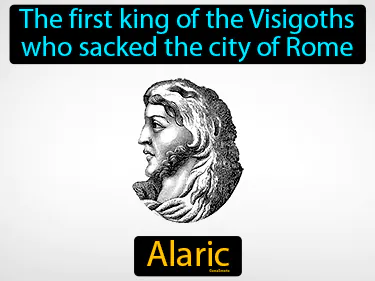
The first king of the Visigoths who sacked the city of Rome. Alaric. Alaric was the leader of the Visigoths and famously led the sack of Rome in 410 AD, marking a significant event in the decline of the Roman Empire.
barbarian
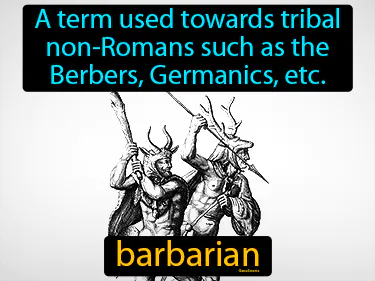
A term used towards tribal non-Romans such as the Berbers, Germanics, etc. barbarian. In history, a barbarian refers to someone considered uncivilized or foreign by ancient civilizations like Rome or Greece.
Byzantium
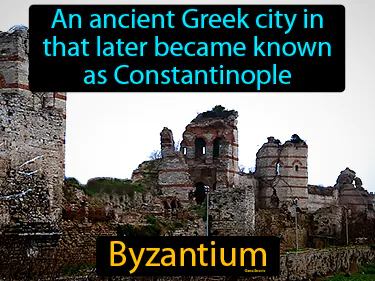
An ancient Greek city that later became known as Constantinople. Byzantium was an important city that became the capital of the Byzantine Empire.
Clovis
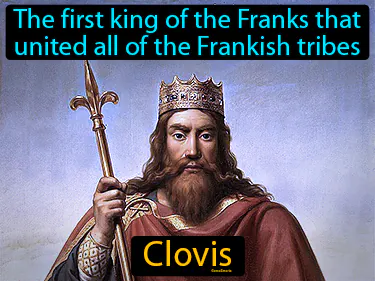
The first king of the Franks that united all of the Frankish tribes. Clovis. Clovis was a ruler who brought together all the Frankish tribes under his leadership, forming the foundation of what would become modern-day France.
Commodus
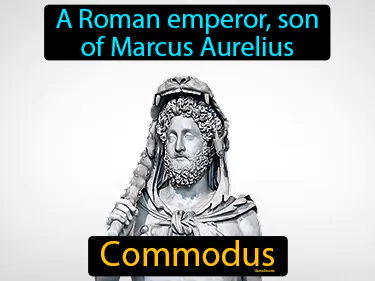
A Roman emperor, son of Marcus Aurelius. Commodus. Commodus was a Roman emperor known for his erratic behavior and contributing to the decline of the Roman Empire.
Constantine
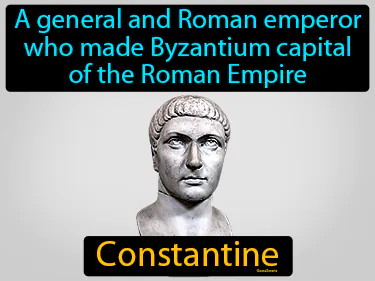
A general and Roman emperor who made Byzantium capital of the Roman Empire, Constantine. Constantine was the first Roman emperor to convert to Christianity and founded Constantinople as the new capital.
Constantinople
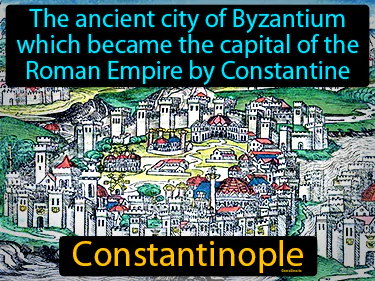
The ancient city of Byzantium which became the capital of the Roman Empire by Constantine. Constantinople. Constantinople is the historic city that served as the capital of the Roman and Byzantine Empires, now known as Istanbul.
convert
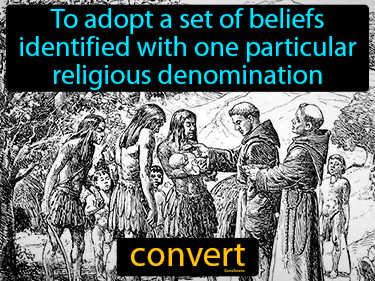
To adopt a set of beliefs identified with one particular religious denomination. Convert. In history, "convert" refers to someone who changes their religious beliefs to align with a different faith.
Dio Cassius
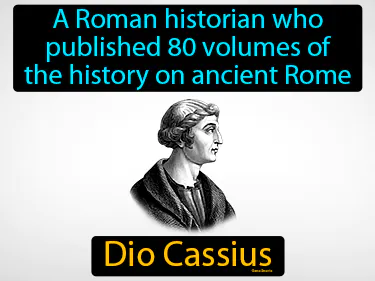
A Roman historian who published 80 volumes of the history on ancient Rome, Dio Cassius. Dio Cassius was an ancient historian who wrote extensively about Rome's history.
Diocletian
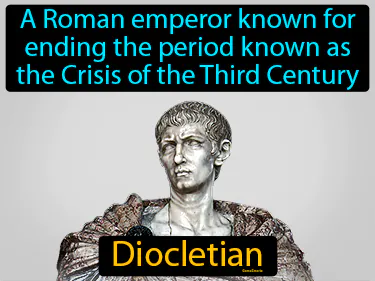
A Roman emperor known for ending the period known as the Crisis of the Third Century. Diocletian. Diocletian was the Roman emperor who stabilized and reformed the Roman Empire after a time of political chaos and economic problems.
frontier
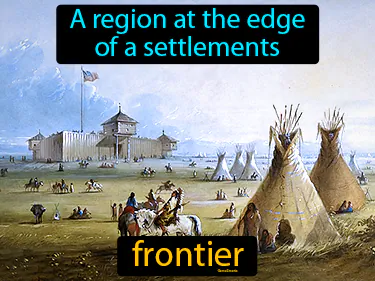
A region at the edge of a settlement's frontier. In history, a frontier is the border between settled and unsettled lands, often representing opportunity and expansion.
inflation
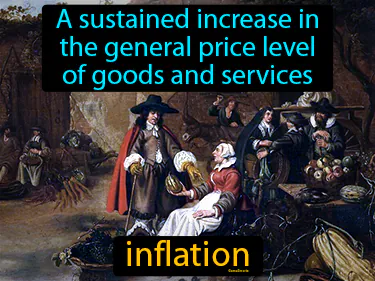
A sustained increase in the general price level of goods and services. Inflation. Historically, inflation is when money loses value and buying the same things costs more over time.
Istanbul
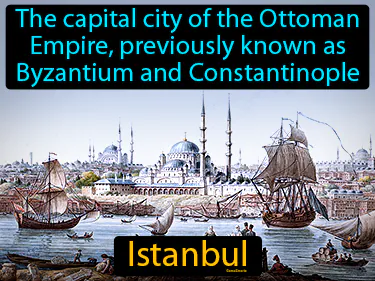
The capital city of the Ottoman Empire, previously known as Byzantium and Constantinople, is Istanbul. Istanbul is a city that has been a cultural and political center for centuries.
Justinian
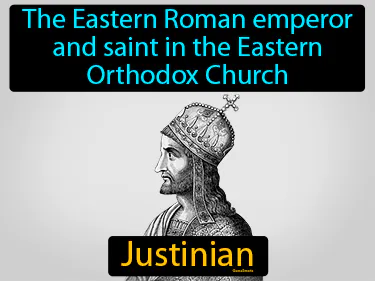
The Eastern Roman emperor and saint in the Eastern Orthodox Church, Justinian. Justinian was a Byzantine emperor famous for codifying Roman laws and expanding the empire.
Odoacer
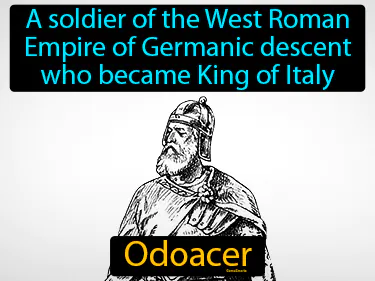
A soldier of the West Roman Empire of Germanic descent who became King of Italy. Odoacer. He is known for deposing the last Roman emperor in the West, marking the end of the Western Roman Empire in 476 AD.
Persia
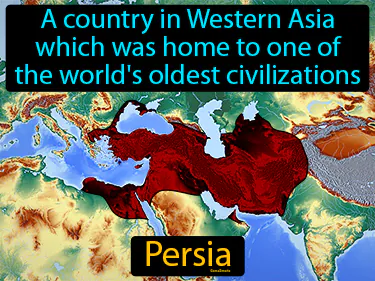
A country in Western Asia which was home to one of the world's oldest civilizations. Persia. Persia, known today as Iran, was an ancient empire renowned for its rich cultural heritage and influential role in history.
Roman Empire
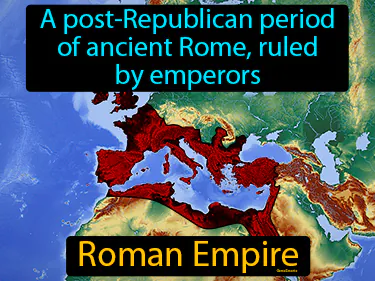
A post-Republican period of ancient Rome, ruled by emperors. Roman Empire. The Roman Empire was a large and powerful ancient civilization that controlled much of Europe and the Mediterranean.
Shapur I
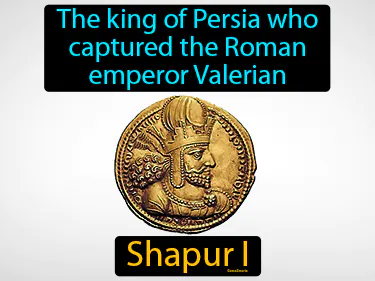
The king of Persia who captured the Roman emperor Valerian Shapur I. Shapur I was a Persian king known for his military successes against the Roman Empire.
Theodora
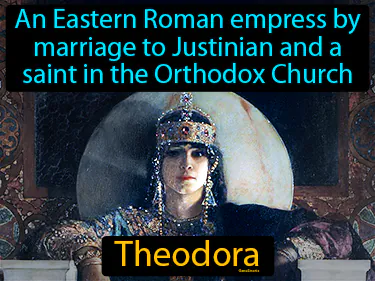
An Eastern Roman empress by marriage to Justinian and a saint in the Orthodox Church. Theodora. Theodora was a powerful Byzantine empress who played a significant role in shaping the empire's policies and is recognized for her intelligence and influence.
Valerian
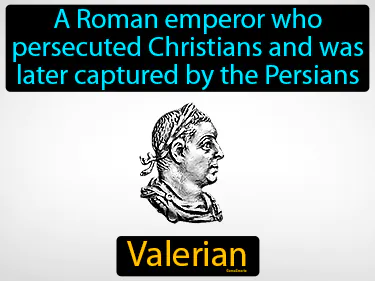
A Roman emperor who persecuted Christians and was later captured by the Persians. Valerian. Valerian was a Roman emperor known for his persecution of Christians and for being captured by the Persian Empire.
vandal
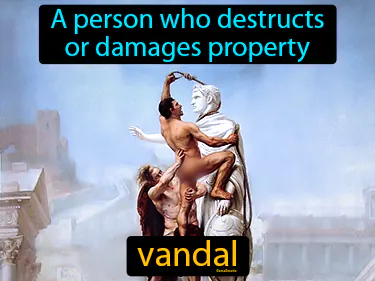
A person who destructs or damages property vandal. In history, Vandals were an ancient Germanic tribe known for sacking Rome in 455 AD.